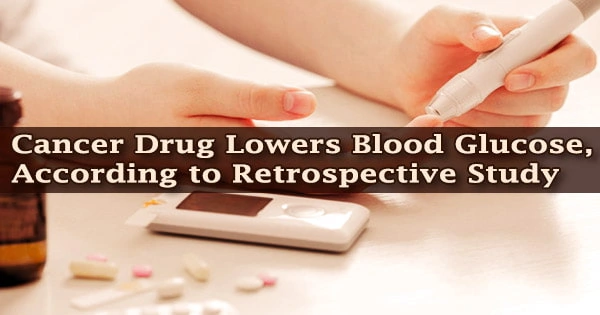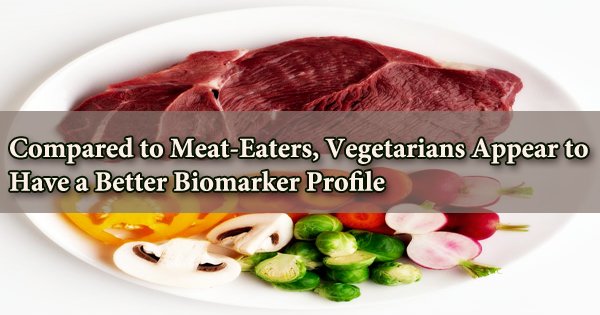Their goals may differ in some ways, but the ultimate purpose of internet marketing is to earn money online.Internet Marketing is simply a set of marketing or advertising strategies, focused on a specific audience.Internet marketing is made up of several different strategies including SEO (search engine optimization), PPC (pay-per-click), e commerce, social media optimization, social bookmarking, affiliate marketing and online public relations – just to name a few. Each of these strategies, when implemented effectively, work in tandem to boost website visibility with the ultimate goal of increasing conversions.
SEO (Search Engine Optimization)
– This Internet Marketing Technique has Two (2) main categories as well. Namely: On-Page Optimization and Off-Page Optimization.
- On-Page Optimization, in the simplest words possible, is to use optimized, strategically chosen, keywords to blog posts, descriptions and Meta data.
Bloggers are tweaking their website structure in an effort to be “friendly” to search engine bots or spiders (algorithm), in order to be indexed properly (like what librarians do to books). They all have one main goal, which is, having their niche site show in the first page of relevant search results.
- Off-Page Optimization is fairly different to tweaking your website to get to the first page of search results. You can think of this technique as running for City Mayor. If you’re running for a position, you’ll have to do campaigns and build a strong relationship with people. The goal is to get their votes.
Further information about SEO will be discussed in a different article.
Social Media Optimization
Social Media Optimization is the leveraging of social networking sites to promote your content. By joining sites such as Twitter, Facebook, LinkedIn, Pinterest and Google+, you have access to an online community of people interested in your niche, who are open to what you have to offer. This substantially increases the size of your audience (while maintaining relevance) and potential target market.However, there are certain guidelines for successfully utilizing social media optimization in an Internet marketing strategy.
A social media account cannot be based solely on promotion. It is a way to genuinely connect with other people in your niche and related industries. This goes back to your content. By sharing something of value with your followers, you increase your credibility and authority. However, the sharing of content should not be restricted to articles that you have created. Instead, share articles from the thought-leaders in your industry. Remember that there are real people on the other side of your content. Use social media to interact with them the way would you in person. If someone comments on something you have shared, make it a point to respond and promote discussion. If someone retweets one of your articles, thank them. Follow industry leaders in your niche. Interact with them. This will allow for guest-blogging and story-pitching opportunities that are a valuable way to generate backlinks. A backlink is a link from an external website that links back to your website. These are extremely valuable to search engines when determining relevance and authority metrics – the metrics that affect the visibility of your website.
Social Bookmarking
On a social bookmarking site, users save links to web pages that they want to remember and/or share with others. It’s like adding a favorite in your personal browser, except the lists of links are shared either publicly or within designated groups. Sites such as StumbleUpon, Digg, Reddit and Delicious provide a way to promote and spread your content while providing valuable backlinks that increase your popularity signals – a metric that search engines use to rank content – and therefore your visibility.
PPC (Pay Per Click)
A pay-per-click campaign is an advertising model used to direct traffic to websites, where advertisers pay the publisher (a search engine or website) when the ad is clicked. A PPC campaign can give your website an initial boost of visibility while the groundwork is laid for a comprehensive, long-term SEO strategy. Extremely targeted and tailored, PPC incorporates keyword research, web design and content with the goal of attracting clicks from the people who are most likely to convert. Since this is generally run on a cost-per-click basis, it makes financial sense to keep everything as targeted as possible. In this model, website owners bid on high-search, low-competition keywords that they want to advertise for. Then they create targeted landing pages that are directly related to the keyword they are advertising for with an impactful call to action. Ads can be run in specific, targeted locations, which is especially helpful to local businesses, at different times of the day and for as broad or narrow a search query as deemed appropriate.
Ecommerce
Ecommerce is the virtual storefront of a business. It is a website where consumers browse and purchase products. The platforms and systems used to host an ecommerce website number in the hundreds. Choosing which one to install depends on your product, what functionalities you require and should be customized to suit your goal. Ecommerce systems have the ability to keep an inventory of your stock, track shipping, gather, analyze and categorize data about your visitors (demographics, shopping history and behavior) so that you can target different groups with different promotions and coupons and a variety of other functionalities. Because each business runs differently, the ecommerce hosting option chosen should be suited to that model and what that means in terms of necessary functionality. Most importantly, the Ecommerce platform that is chosen must be SEO-Friendly. This involves much internal functionality and is best evaluated by an internet marketing professional.
Affiliate Marketing
Affiliate Marketing is a variation of performance-based marketing where a business partners with one or more affiliates and rewards them for leads brought on by the affiliate’s own marketing efforts. In short, a business will pay a commission for each sale made that came from a lead generated by the affiliate. For example, if you sell something for twenty dollars and make a ten-dollar profit, you could give three or four dollars commission to the affiliate who generated the lead for your business.
Online Public Relations
Any Internet marketing campaign should include online public relations. With the majority of people researching the companies they do business with online, a business’s online reputation is now more important than ever. With third party review sites such as Yelp! and Google Local, the speed with which reviews, both negative and positive, are posted is lightning fast.
















